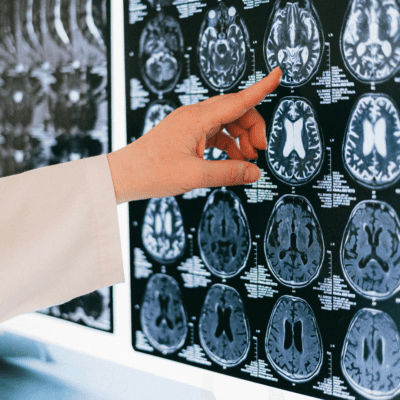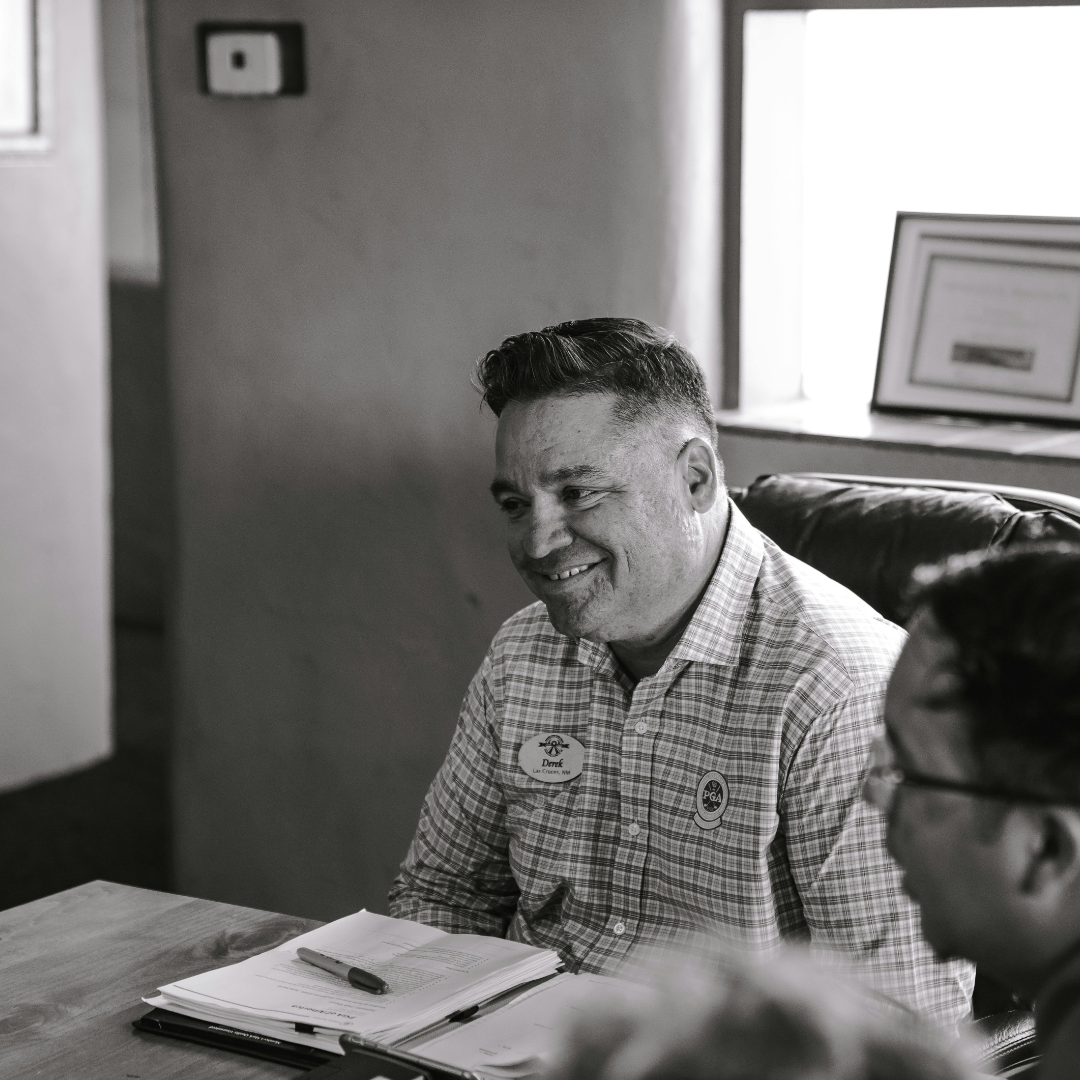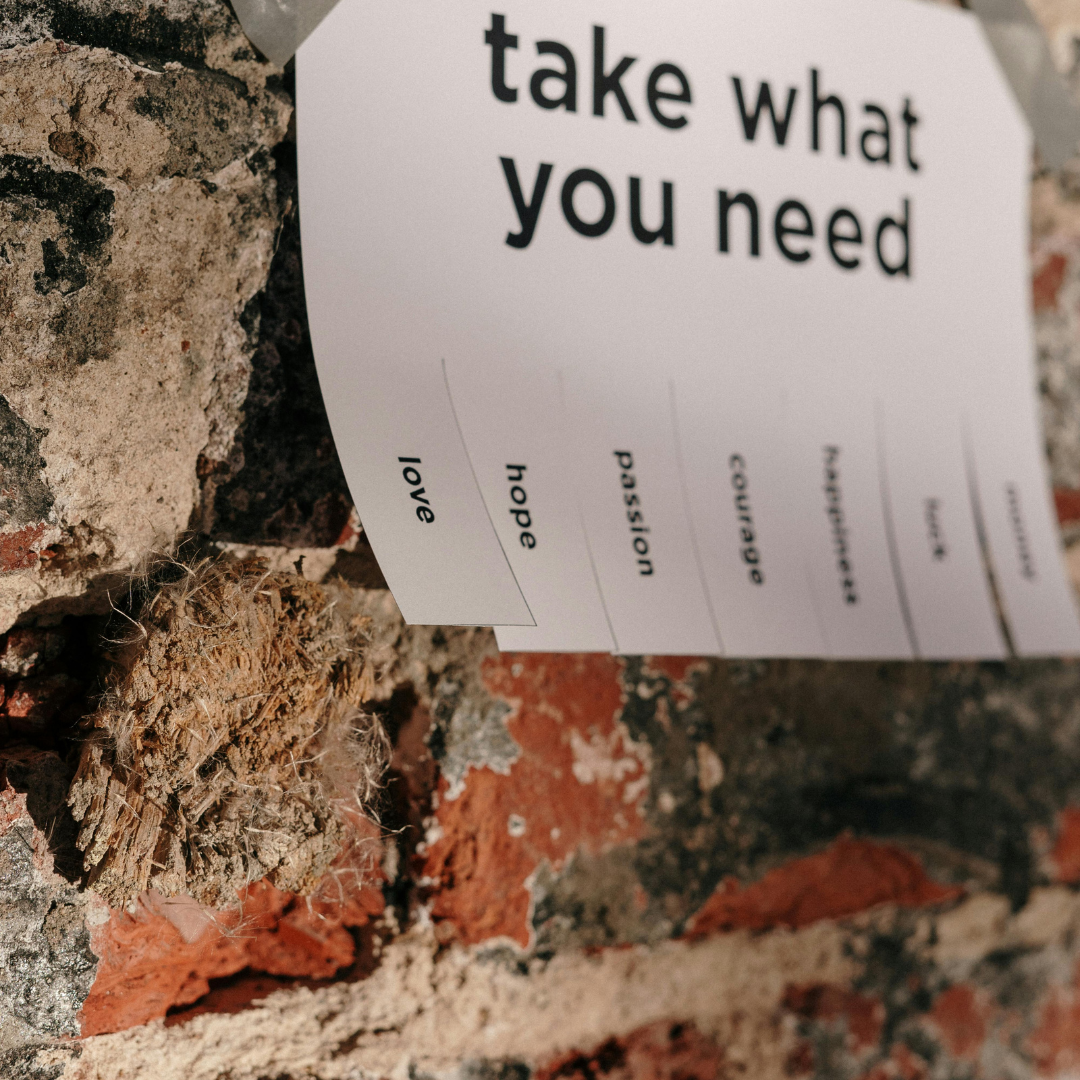How Addiction Changes the Brain: Understanding the Impact and the Role of Rehabilitation

Addiction is a chronic, relapsing disorder characterized by compulsive drug seeking, continued use despite harmful consequences, and long-lasting changes in the brain. It is considered both a complex brain disorder and a mental illness. While addiction may start with voluntary use of a substance, over time, the ability to choose not to take the substance becomes compromised. This article delves into how addiction changes the brain and how rehabilitation can help in undoing some of these effects and assist in rewiring the brain.
The Brain’s Reward System: The Starting Point of Addiction
At the heart of addiction is the brain’s reward system, primarily involving the neurotransmitter dopamine. Dopamine is responsible for the feelings of pleasure and reinforcement, which motivate a person to repeat behaviors necessary for survival, such as eating and reproduction.
When a person uses a substance like drugs or alcohol, it triggers an overwhelming release of dopamine in the brain, far more than natural rewards produce. This flood of dopamine reinforces the behavior, making the person want to repeat it. Over time, the brain begins to associate the substance with pleasure and survival, driving compulsive use despite negative consequences.
How Addiction Changes the Brain
- Neuroplasticity and Tolerance
One of the most significant ways addiction changes the brain is through neuroplasticity, the brain’s ability to reorganize itself by forming new neural connections. With repeated substance use, the brain adjusts to the excessive levels of dopamine by reducing the number of dopamine receptors or making the remaining ones less sensitive. This process, known as tolerance, means that the person needs to use more of the substance to achieve the same high, further embedding the addiction.
- Craving and Cues
Addiction also alters the brain’s reward circuitry to make it hypersensitive to cues or triggers associated with the substance. These triggers could be anything from people and places to emotions and smells that were present during substance use. The brain learns to associate these cues with the pleasure of the substance, leading to intense cravings that can be challenging to resist.
- Decision-Making and Impulse Control
The prefrontal cortex, the brain region responsible for decision-making, impulse control, and self-regulation, is significantly affected by addiction. Chronic substance use weakens this part of the brain, impairing a person’s ability to make sound decisions and resist the urge to use the substance. This is why individuals with addiction often make choices that seem irrational or self-destructive to others.
- Stress and the Brain
Addiction also disrupts the brain’s stress systems. Chronic drug use can result in heightened stress levels, even when the person is not using the substance. The brain’s ability to manage stress becomes compromised, leading to increased anxiety, irritability, and a higher likelihood of relapse when faced with stressful situations.
- Memory and Learning
The hippocampus, a brain region critical for memory formation, is also impacted by addiction. Repeated exposure to substances can impair the hippocampus, making it harder for the person to learn new information and retain memories. Additionally, addiction can create powerful and persistent memories of substance use, making it difficult for the person to forget these experiences and move on.
The Role of Rehabilitation in Rewiring the Brain
While addiction can profoundly alter the brain, the brain’s neuroplasticity also offers hope for recovery. Rehabilitation programs are designed to help individuals recover from addiction by promoting brain healing and rewiring. Here’s how:
- Detoxification and Stabilization
The first step in most rehabilitation programs is detoxification, where the body clears itself of the addictive substance. This process helps stabilize the brain’s chemistry and begins the process of healing from the damage caused by addiction. Medical supervision during detox is crucial to manage withdrawal symptoms and prevent complications.
- Therapy and Counseling
Cognitive-behavioral therapy (CBT) and other forms of counseling are integral parts of rehabilitation. These therapies help individuals recognize and change negative thought patterns and behaviors associated with addiction. By doing so, therapy helps strengthen the prefrontal cortex, improving decision-making and impulse control.
- Developing Coping Strategies
Rehabilitation programs teach individuals coping strategies to manage stress and cravings without resorting to substance use. Mindfulness, meditation, and other stress-reduction techniques can help rebalance the brain’s stress systems and reduce the risk of relapse.
- Medication-Assisted Treatment (MAT)
For some individuals, medication-assisted treatment (MAT) is an essential part of rehabilitation. Medications like methadone, buprenorphine, and naltrexone can help manage withdrawal symptoms, reduce cravings, and restore balance to the brain’s neurotransmitter systems. MAT, combined with therapy, can be especially effective in supporting long-term recovery.
- Social Support and Community
Rehabilitation often involves group therapy and support groups, which provide a sense of community and belonging. Social support is crucial for recovery as it can help rewire the brain’s reward system to associate positive emotions and experiences with social interactions rather than substance use.
- Neurofeedback and Brain Training
Some rehabilitation programs incorporate neurofeedback and brain training exercises to help rewire the brain. Neurofeedback involves monitoring brain activity and using real-time feedback to encourage healthier brain patterns. This can help improve cognitive function, reduce cravings, and enhance emotional regulation.
Addiction profoundly impacts the brain, altering its structure and function in ways that drive compulsive substance use. However, with the right treatment and support, it is possible to undo some of these effects and rewire the brain for recovery. Rehabilitation programs offer a comprehensive approach to healing, combining detoxification, therapy, coping strategies, medication, and social support to help individuals regain control over their lives and their brains. Recovery is a journey, but with dedication and the right resources, it is possible to overcome addiction and rebuild a healthy, fulfilling life.




